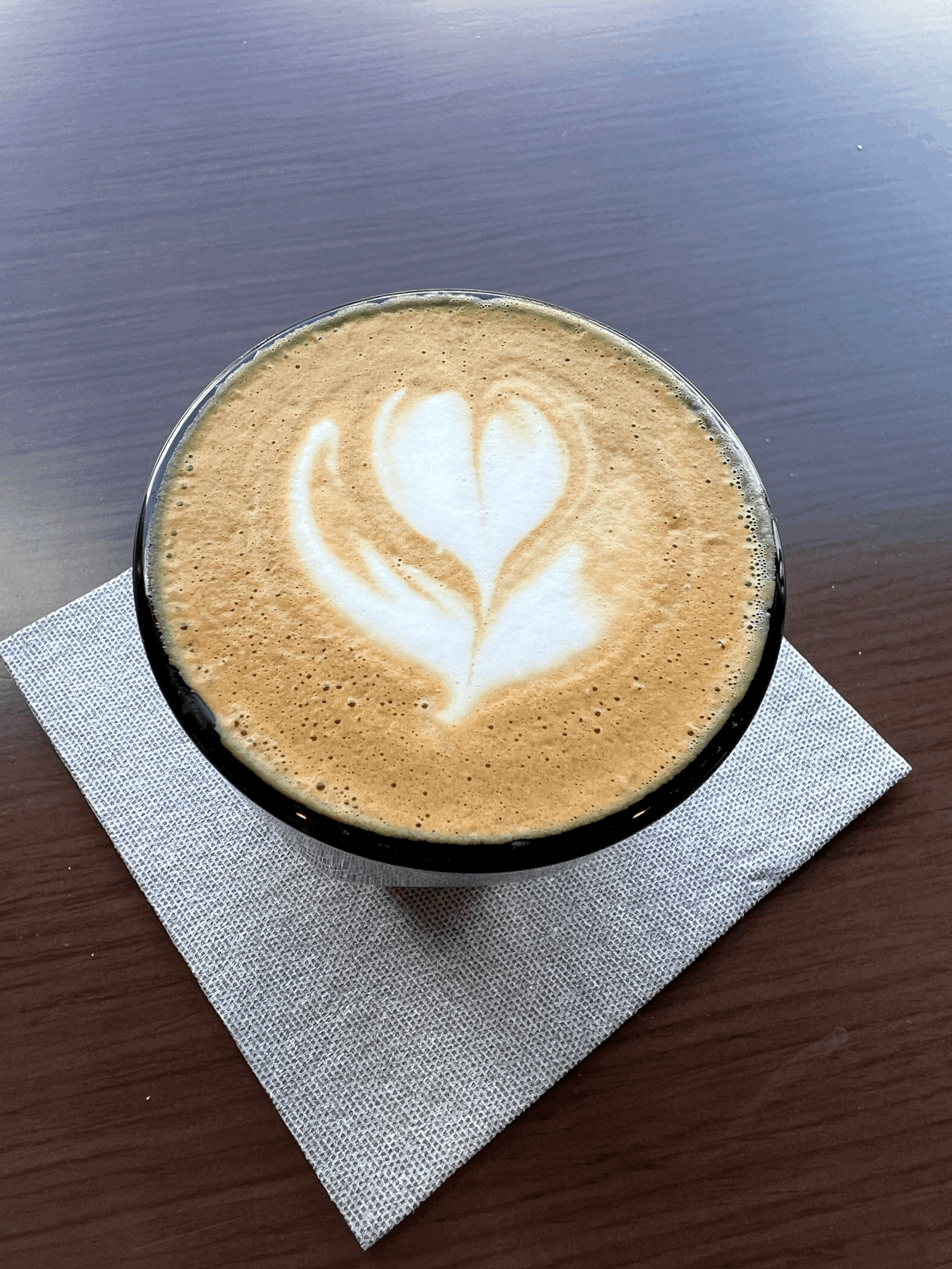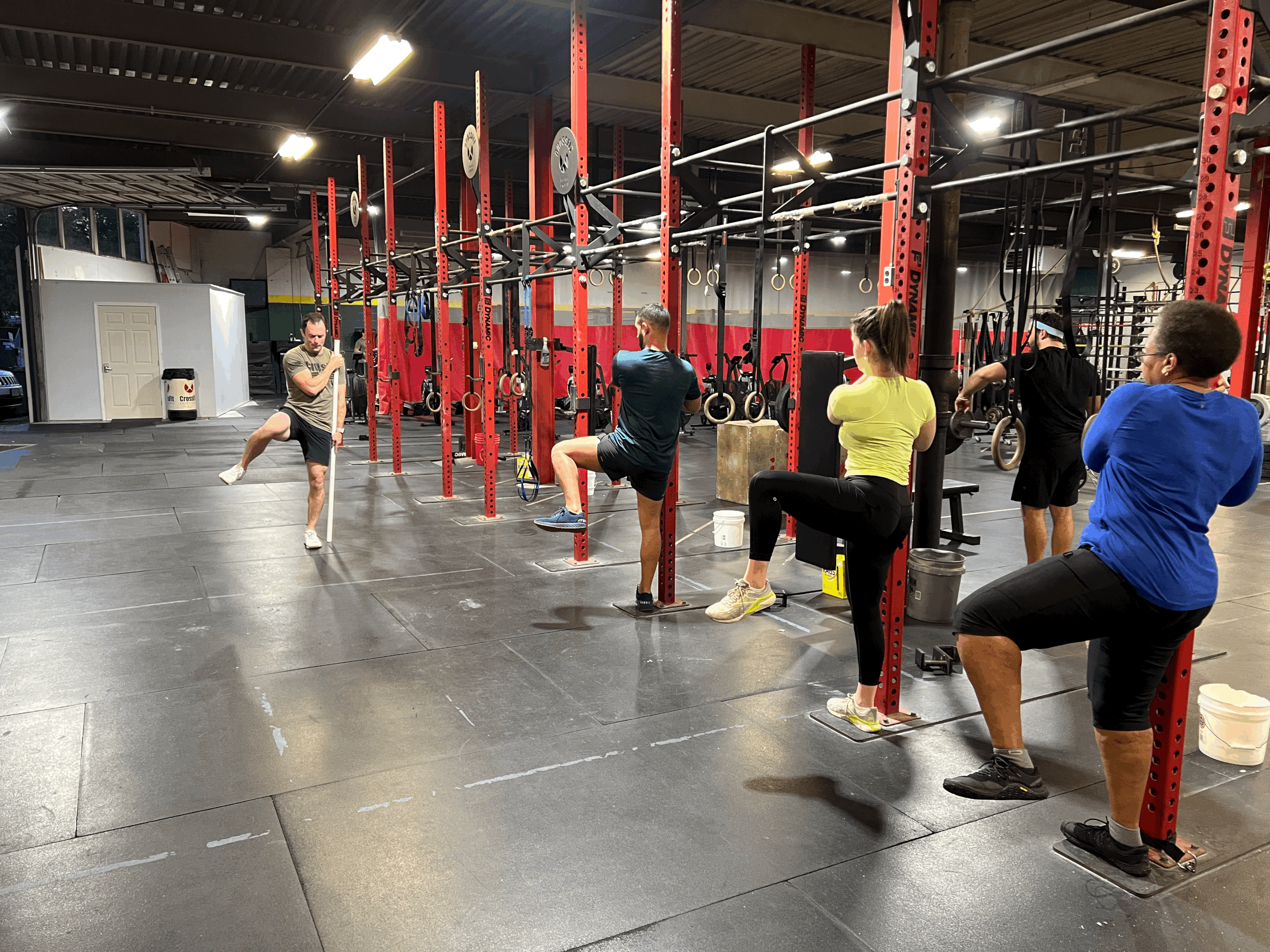
Shifting Perspectives:
Key Points:
Insurance-Based Model: This model often requires referrals from primary care physicians, which can lead to fragmented care. Patients may face hidden costs such as copayments and deductibles, limiting the number of covered visits. Therapists are constrained by the specifics of referrals, potentially neglecting other health concerns.
Cash-Based Model: In contrast, cash-based rehabilitation allows patients to pay directly for services without needing a referral. This model promotes a more holistic approach, enabling therapists to address multiple health issues simultaneously. Although it requires upfront payment, it often proves more cost-effective in the long run by avoiding hidden fees and unnecessary treatments.
Quality of Care: Cash-based practices generally offer higher quality care due to the direct relationship between patient and therapist. Therapists can customize treatment plans based on individual needs, leading to better outcomes and faster recovery times.
Administrative Efficiency: Cash-based therapy reduces administrative burdens associated with insurance claims, allowing therapists to focus more on patient care rather than paperwork.
Patient Satisfaction: The flexibility and personalized attention in cash-based practices often result in greater patient satisfaction compared to the limitations imposed by insurance-based models.

Why Controlled Articular Rotations (CARs)???
Controlled articular rotations offer many benefits, from joint health and injury prevention to enhanced performance and rehabilitation. Incorporating CARs into regular fitness or rehabilitation routines can significantly contribute to overall joint function and mobility, supporting long-term musculoskeletal health.

Controlled Articular Rotations (CARs) As a Daily Practice
Patience is essential to improve joint mobility and overall movement, as meaningful change takes time. Many people underestimate the time required to see real progress, often becoming frustrated or giving up before the body can adapt. This is particularly true regarding connective tissue changes, such as improving range of motion, which occur gradually through consistent practice. There is no quick fix or instant gratification in this process—connective tissue adapts slowly, and the nervous system requires repeated exposure to movements to recalibrate its limits. Without spending enough time on these efforts, the desired improvements will remain out of reach.

CARs to Retrain body Maps
CARs (Controlled Articular Rotations) act as a physical tool for cognitive rewiring, giving patients the confidence and capability to move freely and safely while fostering a deeper understanding of how their body moves in space. This expanded "workspace" of movement lays the foundation for improved mobility, strength, and resilience—making CARs an essential practice for anyone looking to maintain or enhance joint health and functional capacity.

Reclaiming Movement: The Mind-Body Connection in Injury Recovery
Applying Global Workspace Theory to movement behavior reveals the interconnectedness of our cognitive, nervous, and musculoskeletal systems. It highlights the need for a paradigm shift in how we approach rehabilitation, training, and overall health. We must recognize that movement is not solely a physical action but a multifaceted cognitive process influenced by our perceptions, experiences, and environment. Doing so can unveil new possibilities for improving human performance and well-being.
